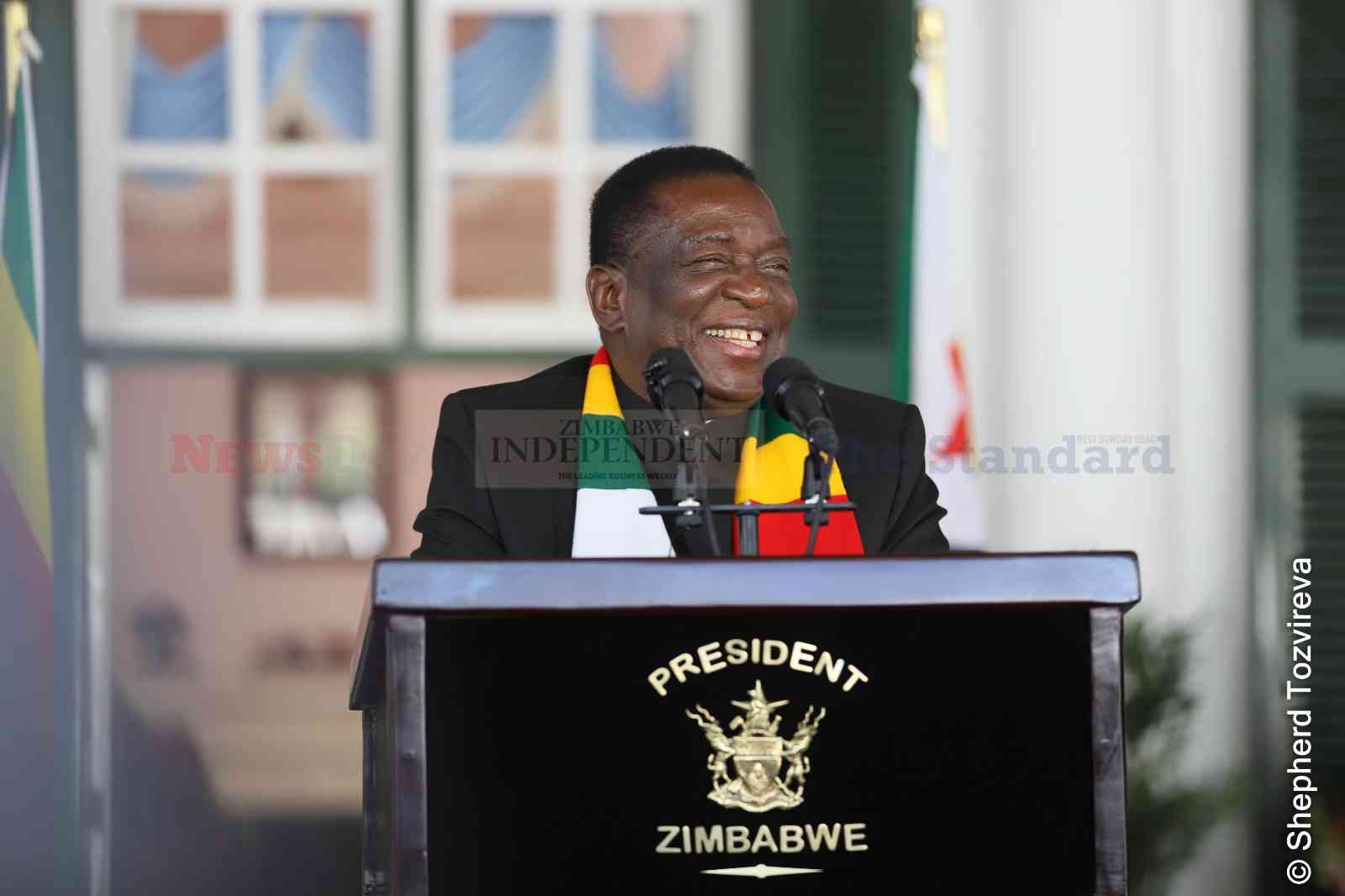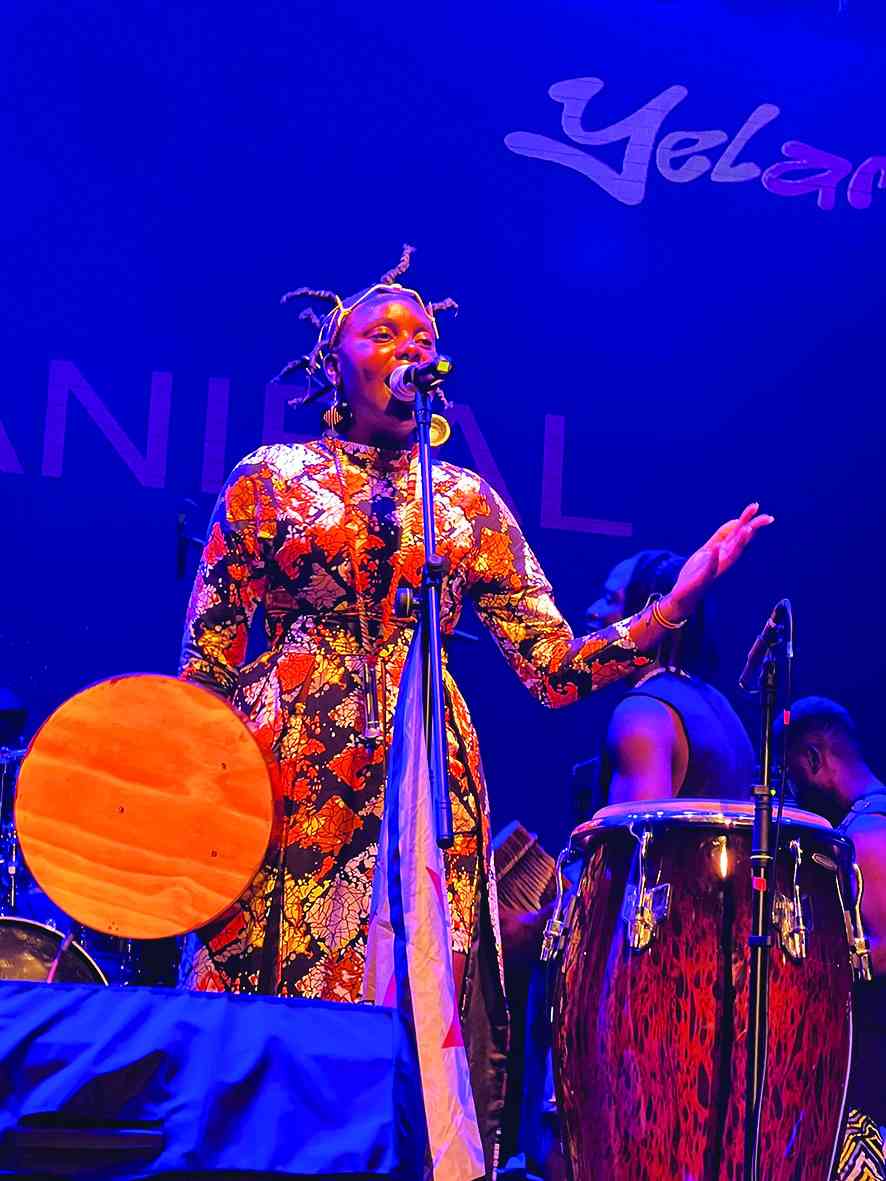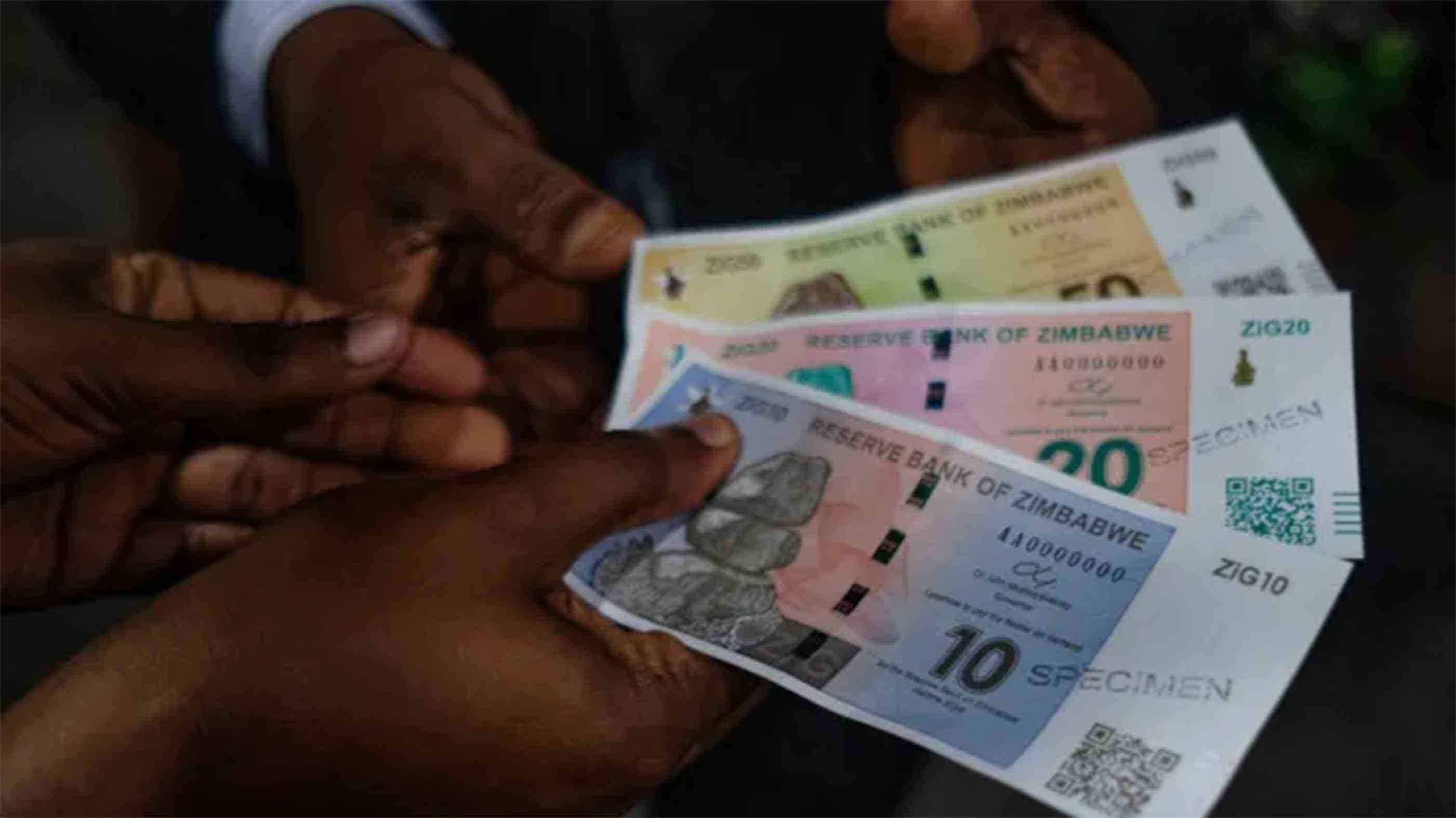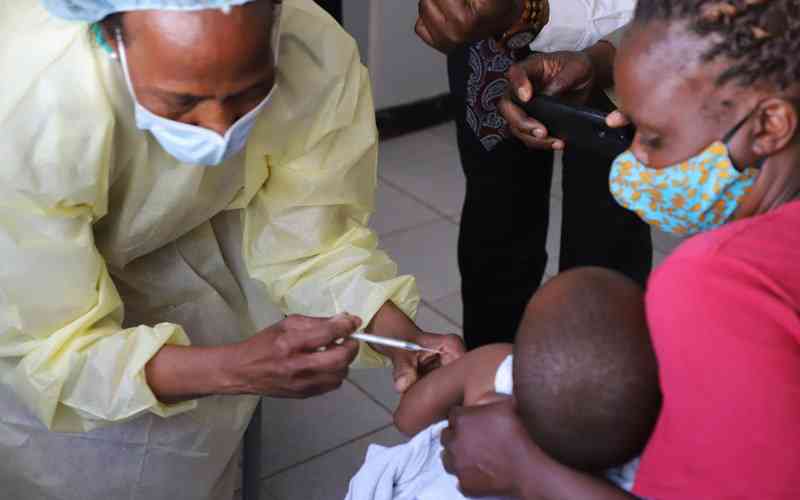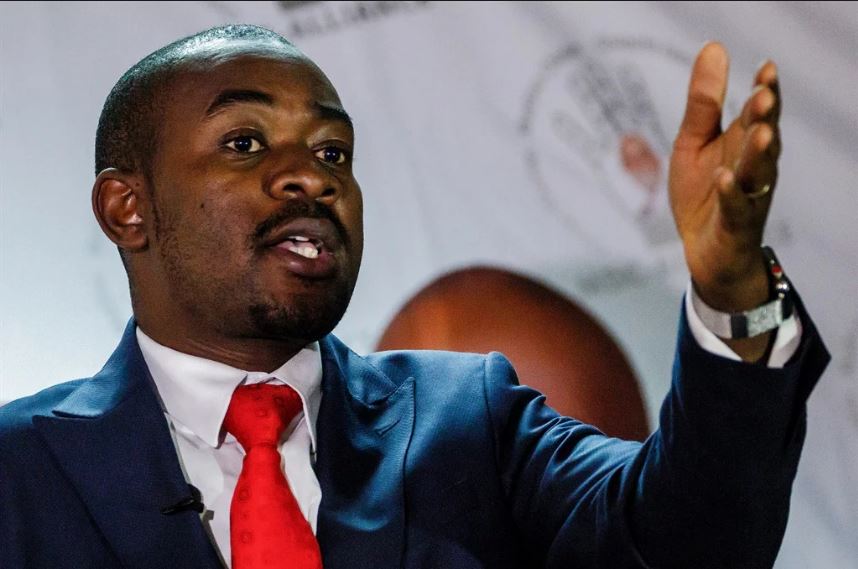
BY TAPIWA GOMO
THE road to democracy is not easy for countries that have emerged from decades of colonial systems and replaced by autocratic ones which derive their power from military as well as tribal politics.
Such is our sad story where hope for change — the opposition political parties — are emblematic of both the pre- and post-independence autocracy. A golden opportunity was missed at independence when those in power failed to foster a culture of democracy where leadership derives from the people, meritocracy, and competition of ideas.
But here we are. A liberation movement has turned into a criminal cartel that feast on national resources. It has turned into a self-serving monster that preys on dissenting voices. It has become an enemy of the people to the extent that justifies another revolution to re-unite a diverse population towards a new national identity, common values and goals under the banner of ideas. Embracing difference and political tolerance is the beginning of democracy.
Some argue that it was in the early 1990s that the calls for political change started to emerge led by the likes of Ndabaningi Sithole’s Zanu Ndonga, Edgar Tekere’s Zimbabwe Unity Movement and Margaret Dongo’s Zimbabwe Union of Democrats.
Others take it back to as early the 1980s the days of Joshua Nkomo’s Zapu. Sadly, all these movements from the 1980s to date have approached the political battleground as if it is premised on democratic principles where autocracy could easily be flushed out via votes even as they encountered guns in the campaign trails.
The baseline is that democracy is yet to visit this country. We need to press the reset button. While the relationship between truth and democracy has historically been frosty, democracy insists that truth, honesty and accountability matter for it to be effective.
The people come first before anything else. What we have is a pseudo-democracy that allows regular elections and rides on reciting the Constitution to convey a false sense of legitimacy. This is why, while the country has massively regressed over the past four decades, the ruling elite’s personal economies continue to grow.
- Chamisa under fire over US$120K donation
- Mavhunga puts DeMbare into Chibuku quarterfinals
- Pension funds bet on Cabora Bassa oilfields
- Councils defy govt fire tender directive
Keep Reading
Because it has been protracted for such a long time, the undemocratic environment has bred opportunistic opposition characters disguised as democratic movements.
Part of the reason is that, the financial benefits of being in opposition politics have grown exponentially compared to the days of Joshua Nkomo, Ndabaningi Sithole, Edgar Tekere and others.
These were inspired by the love for their country while today’s politics is now a multi-million-dollar donor-sponsored industry with less or no accountability.
This is why, while the economy is on a freefall, politicians are getting wealthier. It can be safely said that for established politicians, both ruling and opposition, any change will alter their income, so things must stay the same.
It is indeed a proverbial case of the apple not falling far from the tree. Main opposition and ruling parties are both cut from the same cloth. They exhibit undemocratic, regional and tribal tendences.
The Mugabe era was characterised by the Ndebele-Shona divide, while the new dispensation is seen as a clansman and Midlands project against the rest. The MDC-A project is largely seen as a Masvingo project disguised as labour and student movements but the majority of its cheerleaders are believed to be Wezhiras. This is why they see, hear and say no evil in Nelson Chamisa’s unorthodox rise to power.
The Mavingo project has its origins in Edson Zvobgo and Dzikamai Mavhaire’s era who believed the province must have its time on the throne and in Nelson Chamisa, the project has a rallying card.
It is for the same tribal reasons that Douglas Mwonzora’s assumption of MDC-T leadership is seen as an unwanted impediment. Since he assumed the MDC-T leadership, he has received more attacks than the ruling party. He has been described as a ruling party project. Why is Mwonzora’s rise to MDC-T leadership a source of discomfort for the main opposition party?
There could be several reasons. The fact that he remains standing where others have fallen could be a sign of strength and tact. He has started off selling the idea of dialogue which chimes with the ruling party but seen as a threat to the MDC-A especially if such dialogue leads to a government of national unity.
But there could be a tribal factor too. The Manicaland province, where Mwonzora comes from, has always stood by its sons and daughters in opposition from the days of Abel Muzorewa, Edgar Tekere, Ndabaningi Sithole, Morgan Tsvangirai and others. Some have argued perhaps, Mwonzora needs Thokozani Khupe and the likes of Abednico Bhebhe to claim Matabeleland, leaving Mashonaland provinces open for competition.
For as long as national politics remains tribal and regional, it is impossible to foster democracy and development. Tribal and regional politics implies that leaders serve their own tribes first before the nation and this is divisive and it breeds conflict.
Before it became what it is today, the United States of America was a mix of English, Dutch, Scots, Irish, French, Swedes, Italians, Germans, Greeks, and others but its constitution created one American identity which overcame these divisions.
That is the same way they dealt with religion and how they grew their democracy. Democracy is not an event by but a process. One day we will get there.

